

One of the most emotional moments of pregnancy undoubtedly is the first ultrasound. The first image of the embryo in the mother’s uterus, during the early weeks of gestation, is a unique experience for the expectant parents. The emotional impact is possibly even greater in the case of pregnancies achieved through IVF. The first ultrasound… View Article
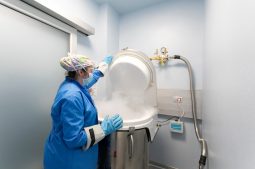
The preservation of fertility through freezing eggs or freezing embryos has, over the past couple of decades, become one of the normal choices that women can make. It’s no longer news that a frozen embryo or egg remains the same ‘age’ as it was when it was frozen. This allows women to press pause on… View Article
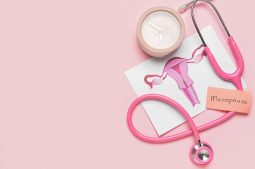
We talk about menopause when a woman reaches the end of her reproductive age. Menstrual cycles no longer occur, ovulation ceases, and therefore, women become infertile. However, today we pose a question: Can you become a mother during menopause? Assisted reproductive treatments make this possible. We will discuss this in depth in the blog, where… View Article

Sustainability at IVI has always been one of our priotities. In the past month of April, the 10th IVIRMA Congress took place in Malaga. It’s a globally recognized event in the field of assisted reproduction. Over several sessions, more than 1,500 attendees became acquainted with the future pillars of reproductive medicine. The whole event was… View Article

smAccording to the 2019 European Health Survey, 25% of European adults smoke regularly. What is striking is that 2% regularly use electronic nicotine delivery systems. We are facing a growing trend, especially amongst young people. May 31st is World No Tobacco Day, and that’s why we want to analyze whether these electronic cigarettes are really… View Article

Premature ovarian failure, also called primary ovarian insufficiency, occurs when the ovaries stop functioning normally before the age of 40. When this happens, the ovaries do not produce normal amounts of estrogen or ovulate regularly. This condition affects 1% of women under 40 in Europe and is often a cause of infertility. Today on our… View Article
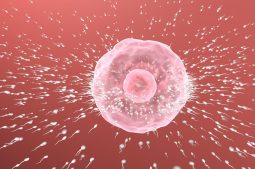
A low sperm count indicates that the seminal sample contains a lower number of spermatozoa than normal. This condition is known as oligospermia, while the complete absence of spermatozoa is called azoospermia. We consider it a low sperm count when the sperm concentration is below 15 million per milliliter. We are seeing a growing level… View Article
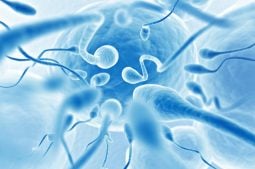
Sperm motility is the ability of sperm to move, in a straight line or a large sweeping curve. It is one of the three measures of sperm health, the other two being sperm count and sperm morphology, i.e. having a normal shape. Motility is important for fertility because if sperm have it poor, they are… View Article
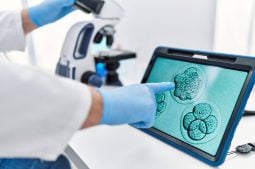
The future of medicine may lie in one of the findings presented at the 10th IVIRMA Congress, held in Malaga recently. A team of researchers led by Dr. Jacob Hanna, from the Department of Molecular Genetics at the Weizmann Institute of Science, has created artificial embryos from synthetic mouse cells. These embryos have been developed… View Article
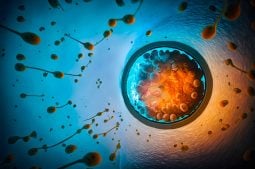
Over all these years of reproductive medicine, the values related to the morphology of the embryo, which can correlate with the possibilities of its implantation, have been studied. In addition, in recent years, the embryo has been studied using time-lapse technology, allowing a more precise understanding of embryo development, while at the same time serving… View Article
